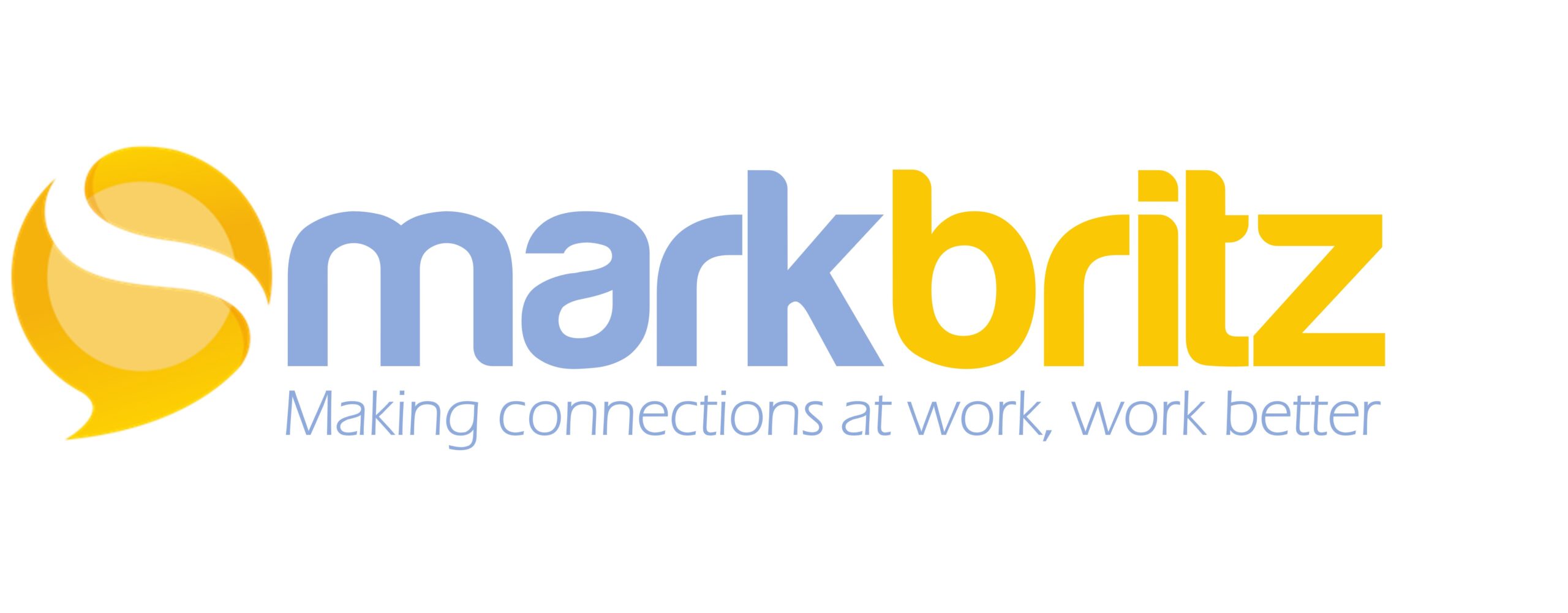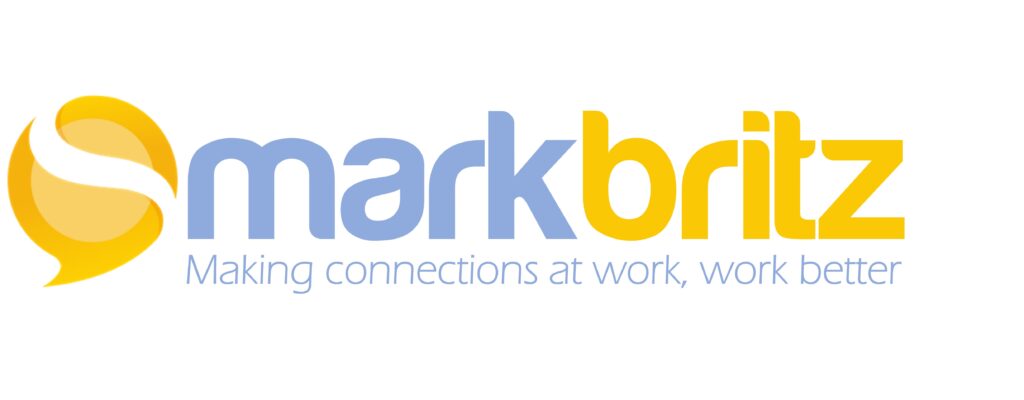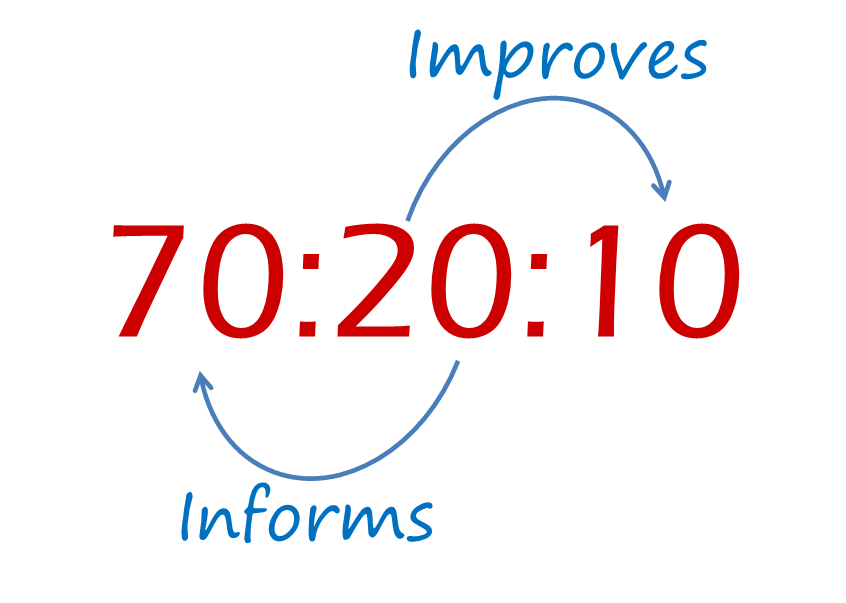I’ve always struggled with the 70:20:10 principle. Not that it exists, and certainly not that it isn’t something that should be supported by organizations. No, my issue has always been with the idea that it’s primarily about learning.
The 70 and the 20 (+/-90%) are simply about pulling; pulling information for work, pulling insights out of our own work, pulling ideas from the rich flows of the Internet and pulling on others’ knowledge to influence our thinking in the work we do.
So it’s about work. But not just in getting learning closer to work. 70:20:10 is potentially much more subversive. It’s an agent of organizational change for those leaders interested in that sort of thing.
At its core 70:20:10 emphasizes autonomy and interdependence over control and dependence and this is where 70:20:10 shifts from being just about supporting leaning to something more transformational. A 70:20:10 Framework encourages people to be reflective of their work. This is far from a traditional practice. In doing so, it presents opportunity to improve the work product/process but also invites the opportunity to fundamentally change the job itself, time to pause and reflect can do that. 70:20:10 also inspires people to seek, to step out of the traditional channels of organizational information flows (hierarchy) and find new answers. The 20 is social. When people are supported by technology that enables them to more openly share and collaborate, networks are revealed, new ones form and knowledge is released from the most unlikely of sources.
Each of these are openings that go beyond simply learning to do better or do more or do faster. Each can lead to a change in how we view authority, knowledge, leadership, and power in an organization.
Organization’s are complex; many parts, systems and structures working – sometimes with and sometimes against each other. In complexity, a small change can have dramatic effects across systems and we need to be conscious of this if we desire change.
A 70:20:10 Framework is a small change. It sets out to change organizational learning yet has the very real potential to change the organization itself.


